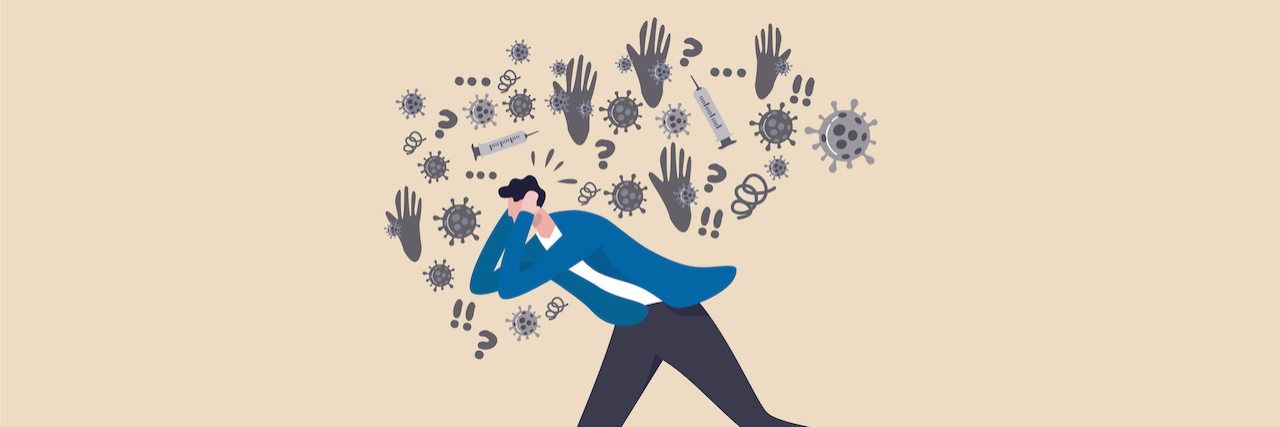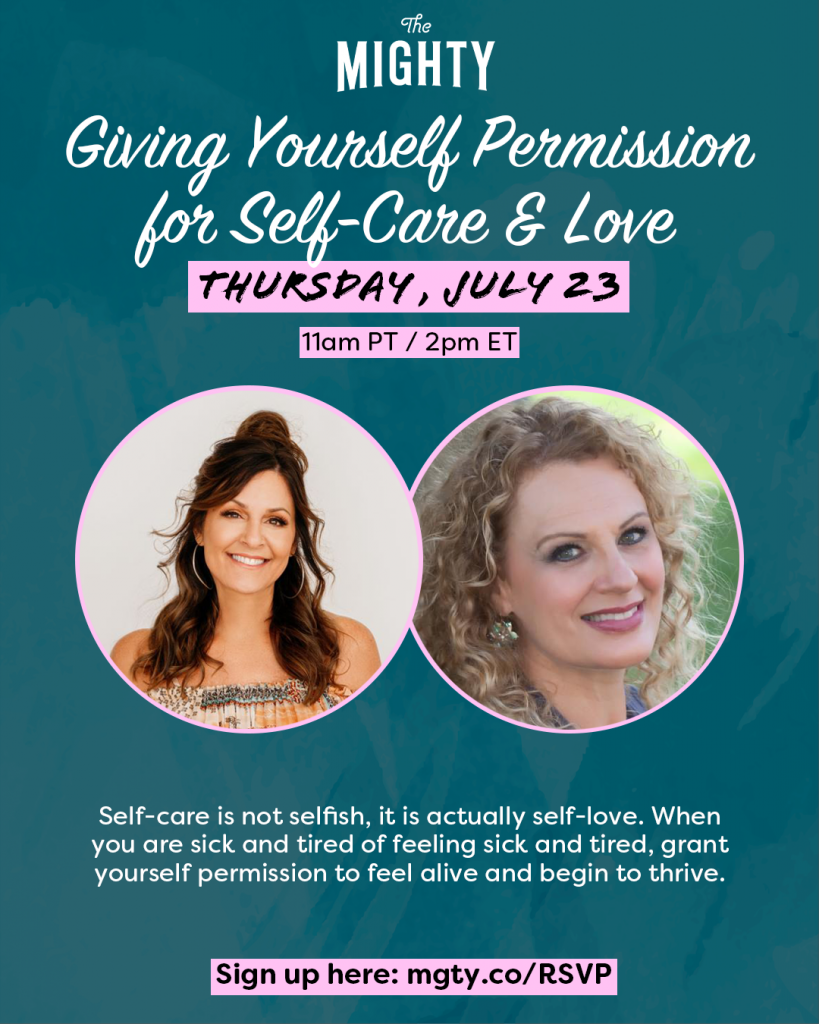What to know: 2020 has been a year like no other in recent history and everyone is starting to feel the cumulative effects. A project out now from a team of researchers offers some help, by measuring levels of anxiety related to the coronavirus through a simple self-assessment. The Coronavirus Anxiety Project offers a five-question quiz that allows you to measure how much anxiety is impacting your daily life right now. If you find it’s affecting you too much, there are resources available to help.
A reasonable level of attention and reflection on COVID-19 information can help people stay safe during the crisis, but too much disturbing thinking about this infectious disease can be debilitating and unhealthy. — Steven Taylor, The Psychology of Pandemics
Check out our first mental health screener for Coronavirus Anxiety, the CAS: https://t.co/J5n1Sesjgd
— The Coronavirus Anxiety Project (@TheCoronavirus1) May 8, 2020
The Frontlines: The Coronavirus Anxiety Project developed three diagnostic tools to assist users in self-assessing their level of coronaphobia. In addition to the Coronavirus Anxiety Scale quiz, they also offer the Obsession with COVID-10 Scale and the Coronavirus Reassurance-Seeking Behaviors Scale. Scores above 7 on the former and 12 on the latter indicate an individual could benefit from further assessment or treatment, though each person should evaluate that need personally.
- There are several types of anxiety disorders including panic disorder, generalized anxiety disorder, phobia-related disorders and social anxiety disorder, among others
- Anxiety disorders are the most common mental health issue in the U.S., with 19% of adults experiencing at least one form of the condition
- Symptoms of generalized anxiety include feeling restless or on-edge, being fatigued easily, difficulty concentrating, irritability, muscle tension, worry and sleep problems
A Mighty Voice: Our contributor Antonieta Contreras wrote about one common but less talked about response you may be experiencing as we readjust to a more open society after the lockdown. “Our brain can’t digest so much uncertainty; it gets overwhelmed and will try to take us out of that state by removing the control from our will. The brain, doing its thing — as in making us anxious, depressed or rigid — is supposed to be keeping us protected from danger; it doesn’t matter at what social or psychological cost. That’s what is called ‘defense.’” You can submit your first person story, too.
Get more on mental health: Sign up for our weekly newsletter.
From Our Community:
Other things to know: There are multiple kinds of anxiety disorders but generalized anxiety disorder is the most common. Learn how others are coping with anxiety in their own world:
- When Others Offer Unsolicited Advice on My Anxiety
- What My Anxiety Tells Me When It Speaks
- 10 Ways to Stop Your Anxiety From Spiraling
- The Blessing and Curse of a Psychiatric Diagnosis
More resources: You can take an interactive version of the Coronavirus Anxiety Quiz on PsychCentral. Here are some other resources to bookmark:
- The Coronavirus Anxiety Scale, Obsession with COVID-19 Scale and Coronavirus Reassurance-Seeking Behaviors Scale are all on the website for the Coronavirus Anxiety Project.
- If you’d like to find a therapist, check out Inclusive Therapists’ search option, which allows you search by languages spoken, specialties, therapist’s identity, cultural knowledge and more. Or visit the Anxiety and Depression Association of America’s website to search for a provider who specializes in anxiety disorders.
- Care for Your Coronavirus Anxiety is a website set up by Shine that focuses specifically on the feelings we’re being confronted with due to the pandemic. They offer articles, meditations, and a crisis text line (text 741741 in the U.S. and Canada) all designed to address our current challenges.
Header image via Nuthawut Somsuk/Getty Images


